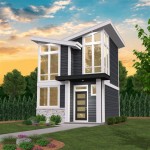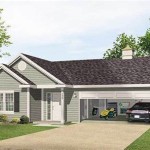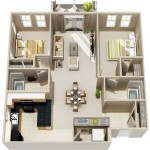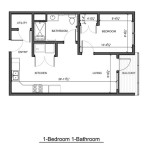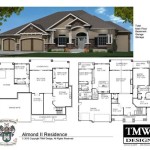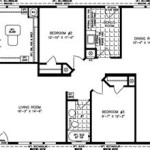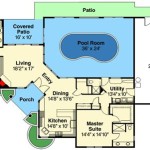House Plans Round Home Design
A round house is a unique and eye-catching home design that offers numerous benefits and challenges. If you are considering building a round house, it is essential to understand the advantages and disadvantages to make an informed decision. ### Advantages of Round Home Design *Energy Efficiency:
Round homes are inherently energy-efficient due to their circular shape. The absence of corners reduces heat loss, leading to lower heating and cooling costs. *Increased Space:
Round houses typically have more usable space than square or rectangular homes of the same size. The curved walls create a greater sense of spaciousness and eliminate wasted corners. *Flexibility:
Round homes offer greater flexibility in floor plan design. The circular shape allows for a variety of room layouts and configurations, making it easier to customize the home to your specific needs. *Aesthetic Appeal:
Round homes stand out from the norm with their distinctive and visually appealing design. The curved lines and flowing forms create a unique and unforgettable aesthetic. ### Disadvantages of Round Home Design *Construction Challenges:
Building a round house requires specialized construction techniques and materials, which can make it more expensive and time-consuming than building a traditional home. *Window Placement:
Windows can be challenging to place effectively in a round house. Curved windows are often necessary, which can be more expensive than standard windows. *Furniture Placement:
Round homes can be more challenging to furnish than traditional homes. Furniture must be carefully selected and arranged to fit the curves of the walls. *Resale Value:
While round homes are unique and appealing, they may have a smaller pool of potential buyers compared to traditional homes. This can impact their resale value. ### Considerations for Round Home Design If you are planning to build a round house, there are several key considerations to keep in mind: *Size:
The size and scale of the round house should be carefully determined to ensure it meets your needs and fits in with the surrounding environment. *Site Selection:
The site selection is crucial for a round house. The topography of the land should be considered to ensure the home is properly oriented and has adequate space. *Foundation:
The foundation for a round house must be designed to accommodate the circular shape and distribute weight evenly. *Roofing:
Roofing a round house requires specialized techniques and materials. The type of roofing used should be carefully selected based on factors such as durability, energy efficiency, and aesthetic appeal. *Interior Design:
The interior design of a round house should complement the circular shape while maximizing space and functionality. Curved walls and furniture can be used to enhance the flow and cohesion of the home. ### Conclusion Round home designs offer a unique and captivating alternative to traditional home styles. While they come with both advantages and challenges, they can provide a visually stunning and energy-efficient living space. By carefully considering the factors outlined in this article, you can make an informed decision about whether a round home is the right choice for you.
Round House Building Plans

Would Living In A Round House Be Awesome Or It Suck Core77

Circular House Floor Plan

Roundhouse

Would Living In A Round House Be Awesome Or It Suck Core77

Round Home House Plans Living 970 Sq Feet Or 90 M2 2 Bedroom Bed Granny Flat Small Design Best Plan

Roundhouse Plan Earthbag House Plans

Two Bedroom Roundhouse
Monocle Elegant Round House By Tyree Plans

Would Living In A Round House Be Awesome Or It Suck Core77

